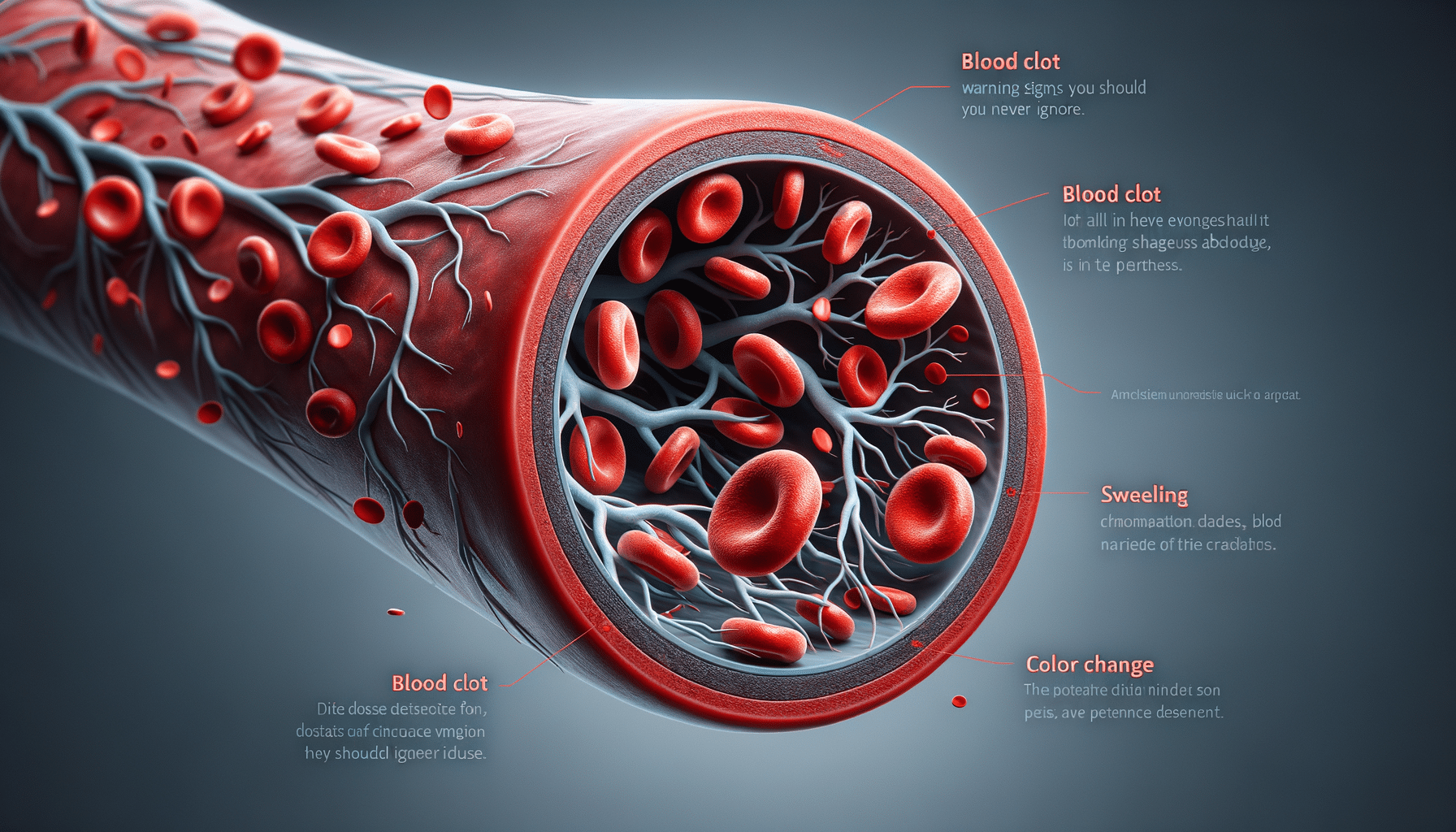
Effective Treatments for Nasal Polyps: Find Relief
Understanding Nasal Polyps: A Brief Overview
Nasal polyps are non-cancerous growths that occur in the nasal passages and sinuses. These soft, painless swellings can lead to a variety of symptoms, including nasal congestion, reduced sense of smell, and sinus infections. While they are more common in adults, particularly those with asthma or allergies, nasal polyps can affect anyone. Understanding the underlying causes and symptoms is crucial in seeking effective treatments.
The exact cause of nasal polyps is not fully understood, but they are often associated with chronic inflammation in the nasal passages. Conditions such as asthma, aspirin sensitivity, and allergic rhinitis are known to increase the risk of developing polyps. Recognizing these risk factors can help in early diagnosis and management.
Symptoms of nasal polyps can vary, but common indicators include a persistent blocked nose, snoring, and a reduced sense of taste and smell. In some cases, individuals may experience frequent sinus infections, leading to further discomfort. Early detection and treatment are vital in preventing complications and improving quality of life.
Medical Treatments for Nasal Polyps
When it comes to treating nasal polyps, medical interventions are often the first line of defense. These treatments aim to reduce inflammation and shrink the polyps, alleviating symptoms and improving nasal airflow. Several options are available, each with its own benefits and considerations.
Corticosteroid nasal sprays are commonly prescribed to reduce inflammation and shrink polyps. These sprays are effective in managing symptoms and are often used as a long-term treatment option. In some cases, oral corticosteroids may be recommended for short-term use to address severe symptoms.
For individuals with recurrent polyps or those who do not respond to nasal sprays, a doctor may suggest a course of oral corticosteroids. While effective, these medications can have side effects, so they are typically used for a limited duration. It’s important to follow medical advice closely when using these treatments.
In addition to corticosteroids, other medications such as antihistamines or antibiotics may be prescribed to manage associated conditions like allergies or infections. These treatments can help in reducing inflammation and preventing further complications.
Surgical Options for Persistent Nasal Polyps
For some individuals, medical treatments may not provide sufficient relief, and surgery may be considered. Surgical intervention is often recommended for those with large polyps or when medication fails to alleviate symptoms. The goal of surgery is to remove the polyps and improve nasal airflow.
Endoscopic sinus surgery is the most common surgical procedure for nasal polyps. This minimally invasive technique involves using an endoscope to access and remove the polyps. The procedure is typically performed under local or general anesthesia and has a relatively quick recovery time.
While surgery can provide significant relief, it’s important to note that polyps can recur. Post-surgical care, including the use of nasal sprays or other medications, is crucial in preventing recurrence. Regular follow-up appointments with a healthcare provider are essential to monitor progress and manage any potential complications.
Patients considering surgery should discuss the risks and benefits with their healthcare provider to make an informed decision. Understanding the potential outcomes and post-operative care can help in achieving the best possible results.
Lifestyle and Home Remedies for Managing Nasal Polyps
In addition to medical and surgical treatments, lifestyle changes and home remedies can play a significant role in managing nasal polyps. These approaches focus on reducing inflammation and supporting overall nasal health, complementing other treatments.
Maintaining good nasal hygiene is essential. Regularly rinsing the nasal passages with saline solutions can help in clearing mucus and reducing inflammation. This simple practice can be done at home using a saline spray or a neti pot, providing relief from congestion and irritation.
Humidifying the air in your home can also be beneficial. Dry air can irritate the nasal passages, exacerbating symptoms. Using a humidifier can help in maintaining optimal humidity levels, reducing discomfort and supporting nasal health.
Dietary changes may also support overall health and reduce inflammation. Incorporating anti-inflammatory foods such as fruits, vegetables, and omega-3 fatty acids can be beneficial. Avoiding known allergens and irritants is crucial in preventing flare-ups and managing symptoms effectively.
Consulting Healthcare Professionals: When to Seek Help
While lifestyle changes and home remedies can provide relief, it’s important to consult healthcare professionals for a comprehensive treatment plan. Early intervention and professional guidance are key in managing nasal polyps effectively.
Individuals experiencing persistent symptoms or those who suspect they have nasal polyps should seek medical advice. A healthcare provider can perform a thorough examination and recommend appropriate treatments based on individual needs and conditions.
Regular check-ups and monitoring are essential in managing nasal polyps. A healthcare professional can adjust treatment plans as needed, ensuring optimal outcomes and preventing complications. Open communication with your healthcare provider is crucial in addressing concerns and achieving the best possible results.
In conclusion, effective management of nasal polyps involves a combination of medical treatments, lifestyle changes, and professional guidance. By understanding the available options and seeking timely help, individuals can find relief and improve their quality of life.


